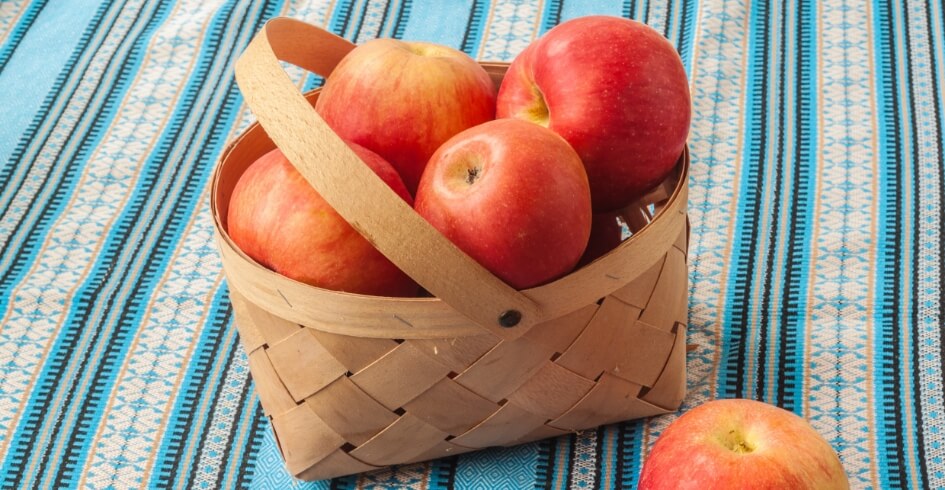Export to Egypt

Trade relations in the field of agriculture between the EU and Egypt are governed by the EU-Egypt Free Trade Agreement, in force since June 1, 2004, the provisions of which on trade and related issues entered into force on January 1, 20041. In October 2008, an agreement was signed to further liberalize trade in agricultural products, processed agricultural products, and fish and fish products, which entered into force on June 1, 2010. EU export enjoys duty-free access to the Egyptian market for almost all agricultural products except some. Export from Egypt to the EU also benefits from full liberalization, with the exception of the most sensitive products (tomatoes, cucumbers, artichokes, courgettes, table grapes, garlic, strawberries, rice, sugar and processed products with high sugar content).
The EU is a net exporter of agricultural products to Egypt. It mainly exports wheat, fruit and powdered milk, while the EU mainly imports fruit and vegetables from Egypt (almost 75% of its imports).
Apples are supplied to Egypt by several countries. European exporters account for more than half of imports by value. In 2022, the value of fruit exports from Poland to Egypt amounted to EUR 36,744,014[1].
[1] https://trade.ec.europa.eu/access-to-markets/en/statistics
Export to Jordan

Trade relations in the field of agriculture between the EU and Jordan are governed by the EU-Jordan cooperation agreement, signed on November 24, 1997 and in force since May 1, 20023 In 2005, further changes were introduced to the cooperation agreement (establishing further bilateral liberalization in agricultural products and processed agricultural products), effective from January 1, 2006. This asymmetric agreement provides for a high level of liberalization with very few exceptions. Since 2010 (i.e. from the last stage of implementation of the liberalization provisions), all agricultural products from Jordan - except cut flowers and virgin olive oil - can enter the EU duty-free and quota-free. When it comes to export from the EU to Jordan, fresh apples with a 0% export tax rate also benefit from this arrangement.
In 2021, Poland exported to Jordan products worth a total of USD 104 million. The main products exported from Poland to Jordan were apples and pears with a total value of USD 9.9 million, which is almost 10% of the total export, followed by washing machines for households (USD 6.19 million), and cheese (USD 5.27 million)[1].
[1] https://oec.world/en
Detailed information and current statistics on export/import between the EU and Egypt as well as the EU and Jordan can be found in the Special Report, which we encourage you to download.
1 https://eur-lex.europa.eu/resource.html?uri=cellar:25b79672-9b0c-4d7b-9eda-b864599aee2f.0006.01/DOC_2&format=PDF
2 Central Agency for Public Mobilization and Statistics in Egypt data, http://www.capmas.gov.eg/
3 https://eur-lex.europa.eu/legal-content/EN/TXT/?uri=CELEX:02002A0515(02)-20181204